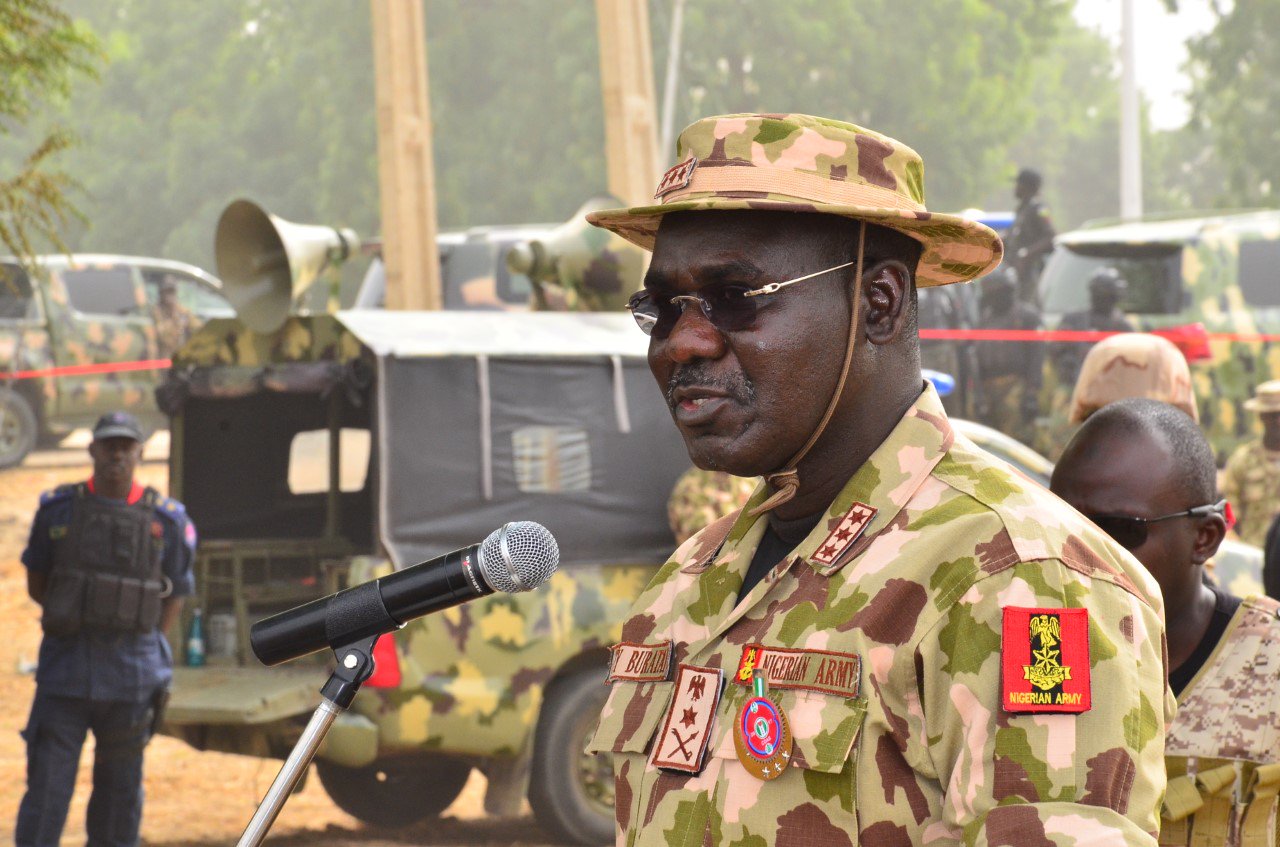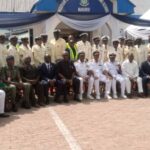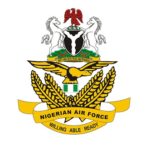The Nigerian Army said on Wednesday that some of the suits instituted against it were meant to distract it from carrying out its constitutional role of defending the territorial integrity of the country.
The Chief of Army Staff, Lt.-Gen. Tukur Buratai, represented by Maj.-Gen. Rasheed Yusuf, the Chief of Policy and Plans made the allegation at the opening of a two-day event tagged “Nigerian Army Law seminar’’ in Abuja.
“I urge my lord and justices here present to consider this aspect of national interest, while adjudicating over this type of cases,’’ Buratai appealed.
The theme of the seminar which was organised in collaboration with the National Judicial Institute (NJI) was: “The Place of the law in counter terrorism and counter insurgency operations in Nigeria.’’
Buratai noted that the fight against terrorism and insurgency, especially in the North East, had pre-occupied the minds of many Nigerians, both within and outside Nigeria.
He also noted that it was of concern to the international community, but assured that the army would adhere to the provisions of the constitution in dealing with the menace.
“Therefore, since my assumption of office since 2015, I and my Principal Staff Officers have been monitoring issues on allegation of human rights abuses against troops deployed for operations across the country in line with the President and Commander-In-Chief of the armed forces’ mandate to the Nigerian armed forces in the fight against terrorism.’’
Buratai said that in dealing with the terrorists, the army had ensured that the fundamental human rights of citizens were adequately protected in all exercises and operations.
“So far, we have been able to address petitions and other different kinds of claims against the Nigerian army through the establishment of Human Rights Desk offices in the army headquarters and across the Nigerian army Divisions.
“The human rights desk has special hotline for citizens, who have genuine claims, complaints and petitions to make against the Nigerian army in order to report natural disasters or to report any act of terrorism, among others.
“The phone number to dial is 193.
“The Nigerian army has also ensured that all cases pending in civil courts against it are either assigned to competent registered Nigerian army external advocates or military lawyers in the Directorate of Legal services.
“Court Martial cases or trials in the field are also given professional attention by deploying legal officers, who are not only trained military personnel, but legal practitioners.
“The Nigerian army as an institution is guided by appropriate legal advice in sustaining its flexibility in the conduct of its operations and this has been adequately acknowledged within the nation and the comity of other nations.
“Adherence to the rule of law is consistent with my vision which is to have a “professionally responsive Nigerian Army in the discharge of its constitutional roles.’’
“Let me point out that the Nigerian army will continue to adhere to the rule of law in our operations,’’ he said.
The Chief Justice of Nigeria (CJN), Justice Walter Onnoghen, who declared the seminar open, noted that terrorism and counter terrorism had been a major security threat globally.
Onnoghen, however, said that in spite of this, the place of the rule of law in a society could not be overemphasised.
“In a democratic system of government, it is the rule of law that dictates the pace at which human beings interact among themselves.
“Therefore, respect for fundamental human rights of citizens is sacrosanct,’’ the CJN, who was represented by Justice Kudirat Kekere-Ekun, a justice of the Supreme Court said.
He stressed the need for members of the armed forces to obey the rule of law in their operations.
“This is because the business of bearing arms or defending the nation involves life and death for both regular forces and citizens.
“There have been allegations and cases of human rights abuse against the military in its efforts to stamp out terrorism and insurgency in Nigeria.
“It is therefore, my strong belief that this seminar will touch on those issue,’’ Onnoghen said.
According to him, it is my belief that the armed forces of today have gone beyond their outlook in the past.
“The military justice system which is basically rooted on regimentation has been condemned by human rights activists in the past.
“I am of the opinion that there have been tremendous improvements as regards the military observing rule of law in its operations in line with global best practices.’’
The Administrator of the NJI, Justice Roseline Bozimo said the collaboration between the institute and army was borne out of the realisation to build capacity of judicial officers and military lawyers.
Bozimo said that this could be achieved by creating a forum for interaction, exchange of ideas and for better understanding of military law, rule of law and due process.
According to her, this is even more germane in the light of the high incidence of insurgency and terrorism, bearing in mind that military lawyers are expected to be involved in the investigation and prosecution of these cases.

 Join Daily Trust WhatsApp Community For Quick Access To News and Happenings Around You.
Join Daily Trust WhatsApp Community For Quick Access To News and Happenings Around You.


